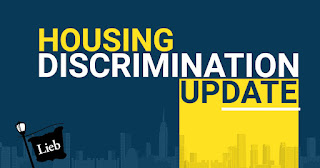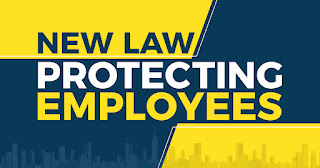We always tell discrimination victims that you are protected from retaliation. In fact, if you are retaliated against, you can sue for that too. Interestingly, if you are retaliated against on an alleged discriminatory event, which is ultimately found in court to not constitute discrimination, you can nonetheless recover damages for the retaliation on that non-discrimination.
Retaliation protection is really important so that victims have a voice and are not silenced by powerful companies.
Yet, the bounds of retaliation are rarely defined and employees often wonder what an employer can do against them if they complain about discrimination.
On March 16, 2022, Governor Hochul clarified the answer to that question by signing S5870 into law and thereby expanding the definition of retaliation, at Executive Law 296(7), to now include:
Disclosing an employee's personnel files because he or she has opposed any practices forbidden under this article or because he or she has filed a complaint, testified or assisted in any proceeding under this article, except where such disclosure is made in the court of commencing or responding to a complaint in any proceeding under this article or any other civil or criminal action or other judicial or administrative proceeding as permitted by applicable law.
However, as always, clarity brings more confusion. While the law's stated purpose is "[t]o clarify that release of personnel records to discount victims of workplace discrimination counts as a retaliatory action...," the law fails to define "personnel records" and, as such, questions remain.
Specifically, how many small / medium businesses even record "personnel record"?
Is a boss disclosing their memory of an event, which is unrelated to the discrimination complained of, a personally record?
Is the work product of a discriminatory complainant a personnel record?
All we can say is that discrimination laws are designed to protect victims. So, if you are confused, assume that everything related to the employee is a personnel record until a court narrows that definition when this issue is eventually fought out before a judge / jury.
Until then, more protections for victims is a welcome sign in NYS that discriminatory retaliation won't be tolerated.

